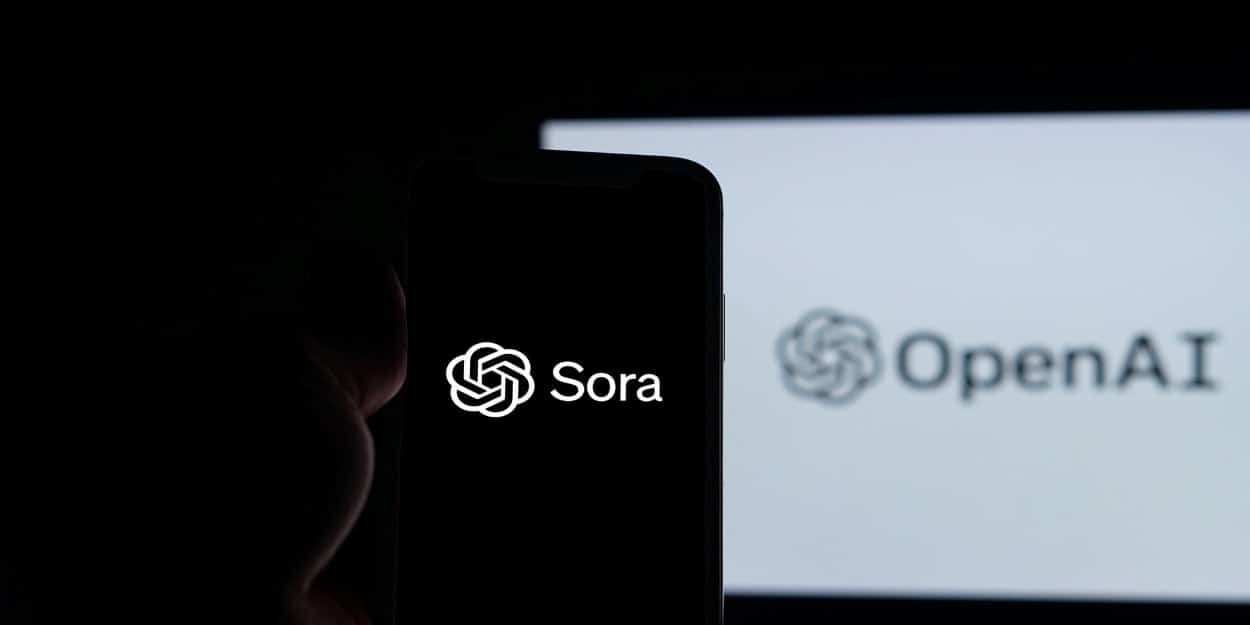OpenAI launched its Sora 2 video generation model on October 1, 2025, delighting users with hyper-realistic clips inspired by cartoons like South Park and games like Pokémon. However, CEO Sam Altman announced stricter copyright controls on October 3 to protect rightsholders. This follows legal challenges, including a major lawsuit from The New York Times.
“We’ll give rightsholders more granular control over character generation,” Altman wrote in a blog post. He compared it to an opt-in model for likenesses, adding extra safeguards.
The Quack: Part 1 by Sora 2. pic.twitter.com/kFTWwrX6Yl
— OpenAI (@OpenAI) October 3, 2025Sora 2’s TikTok-style app allows users to insert themselves into AI-generated scenes, raising concerns about the use of copyrighted characters. Clips featuring Pokémon’s Pikachu, Nintendo’s Super Mario, and Sega’s Sonic the Hedgehog went viral. While the app often blocks Disney or Marvel characters, other franchises slip through.
The Wall Street Journal reported in September that OpenAI would require studios to opt out of AI-generated content. This shift aims to strike a balance between creativity and legal protections.
With SORA 2 you can make a Pokémon cooking tutorial with just one prompt. #SORA2 @OpenAI pic.twitter.com/mIxswIGCeq
— Manu_Ai_Stories (@Emanuel_Ai_Art) October 1, 2025Nintendo responded on X, stating it had no contact with Japan’s government on AI issues. “We’ll take action against intellectual property infringements,” the company affirmed. Japanese lawmaker Akihisa Shiozaki warned on X of “serious legal and political issues,” urging swift action to protect Japan’s creators.
Altman praised Japan’s influence, noting, “The connection between users and Japanese content is deep.” This highlights Sora 2’s global impact and the need for robust copyright measures.






